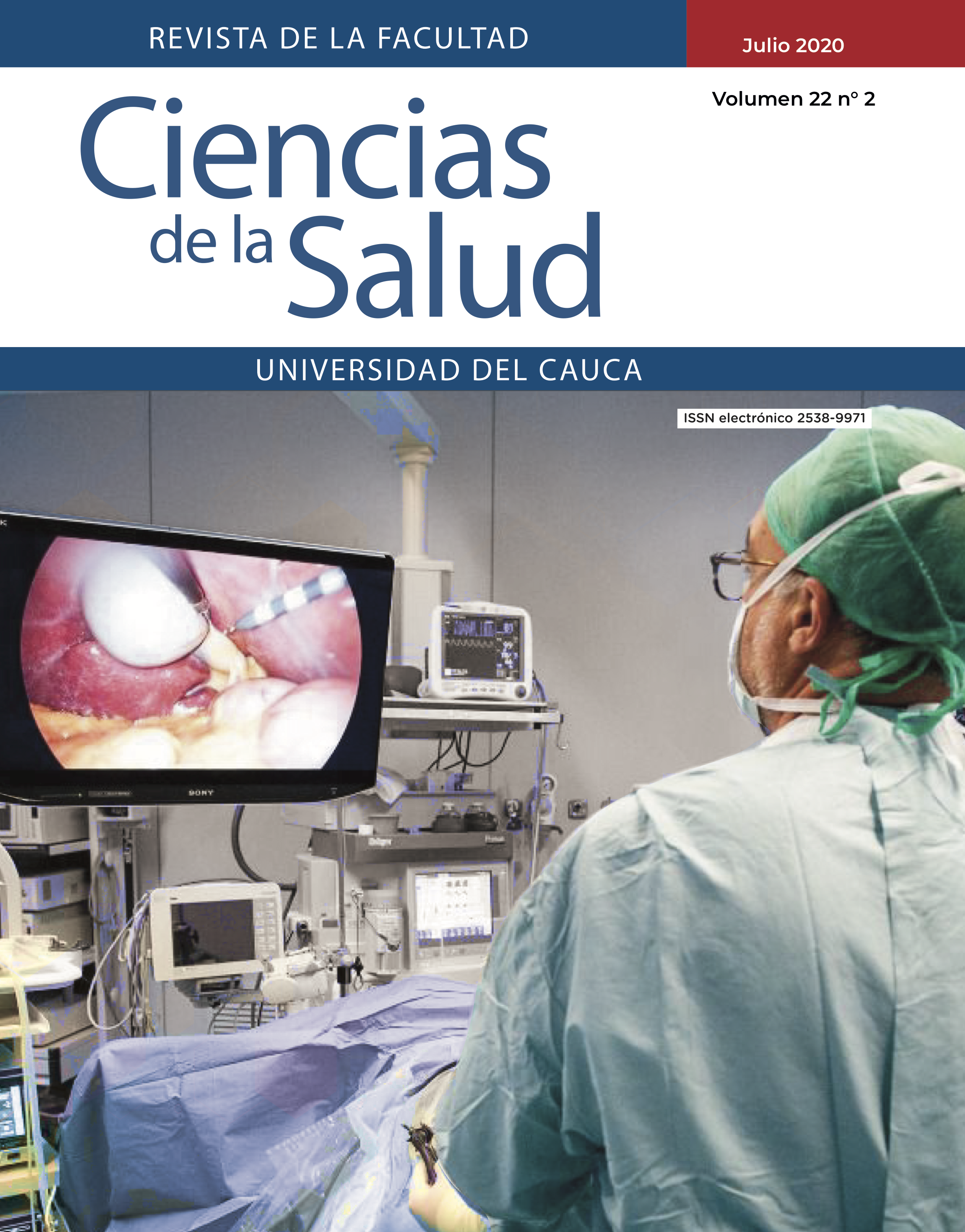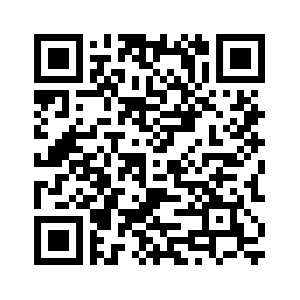Síndrome coronario asociado al consumo de cocaína: serie de casos
Resumen
El consumo de cocaína continúa siendo un problema social importante con un impacto significativo en la salud de la población expuesta, en un alto porcentaje integrada por adolescentes y adultos jóvenes. Entre las complicaciones cardiovasculares asociadas al consumo de cocaína, se encuentra el síndrome coronario agudo (SCA), la muerte súbita, las arritmias, el edema pulmonar, la miocarditis, la endocarditis, la disección aórtica, las crisis hipertensivas y el accidente cerebrovascular. El objetivo es presentar tres pacientes jóvenes con infarto agudo de miocardio asociado al consumo de cocaína.
Descargas
Disciplinas:
Medicina Interna, Cardiología, ToxicologíaReferencias bibliográficas
2. Spivey WH, Euerle B. Neurologic complications of cocaine abuse. Ann Emerg Med 1990; 19: 14422-8.
3. Tapia JF, Golden J A. Case records of the Massachusetts General Hospital: case N Engl J Med 1993;329: 117-124.
4. Informe final II estudio nacional de consumo de sustancias psicoactivas en poblacion escolar Colombia – 2011. Disponible en http://odc.dne.gov.co www.descentralizadrogas.gov.co
5. Arroyave C. Intoxicación por cocaína en: Peña A Lina, Arroyave C, Aristizabal JJ, Gómez U. Fundamentos de Medicina Toxicología. Ed CIB 2009. pp 379-385.
6. Schwartz BG, Rezkalla S, Kloner RA. Cardiovascular effects of cocaine. Circulation 2010; 122:2558.
7. Lizasoain I, Moro MA. Cocaina (I): Farmacología. En: Lorenzo P, Ladero JM, Leza JC, Lizasoain I. Drogodependencias 2a Ed. Madrid. Editorial Médica Panamericana; 2003 pp 159-71.
8. Hoffman R. Cocaine in: Flomenbaum NE, Goldfrank LR; Hoffman RS; Howland MaA, Lewin NA, Nelson LS: Goldfrank´s toxicologic emergencies. 8th Ed. New York: MacGraw-Hill; 2006. pp 1133-46.
9. Maraj S, Figueredo VM, Lynn Morris D. Cocaine and the heart. Clin Cardiol 2010; 33:264.
10. Wiener SE, Sutijono D, Moon CH, Subramanian RA, Calaycay J, Rushbrook JI, Zehtabchi S. Patients with detectable cocaethylene are more likely to require intensive care unit admission after trauma. Am J Emerg Med 2010 Nov;28(9):1051-5
11. McCance EF, Price LH, Kosten TR, Jatlow PI. Cocaethylene: pharmacology, physiology and behavioral effects in humans. J Pharmacol Exp Ther 1995 Jul; 274 (1):215-23.
12. Degenhardt L, Roxburgh A, Barker B. Underlying causes of cocaine, amphetamine and opioid related deaths in Australia. J Clin Forensic Med 2005; 12:187.
13. Fisher A, Holroyd BR. Cocaine-associated dissection of the thoracic aorta. J Emerg Med 1992; 10:723.
14. McCord, J. Management of Cocaine-Associated Chest Pain and Myocardial Infarction A Scientific Statement From the American Heart Association Acute Cardiac Care Committee of the Council on Clinical Cardiology. Circulation 2008 Abril 8, 2008.
15. Angell PJ, Chester N, Sculthorpe N, Whyte G, George K, Somauroo J. Performance enhancing drug abuse and cardiovascular risk in athletes: implications for the clinician. Br J Sports Med. 2012 Nov;46
16. Hollander JE, Hoffman RS, Gennis P, et al. Prospective multicenter evaluation of cocaine associated chest pain. Cocaine Associated Chest Pain (COCHPA) Study Group. Acad Emerg Med 1994;1(4):330–9
17. Magnano AR, Talathoti NB, Hallur R, Jurus DT, Dizon J, Holleran S, Bloomfield DM, Collins E, Garan H. Effect of acute cocaine administration on the QTc interval of habitual users.Am J Cardiol. 2006;97(8):1244.
18. Aslibekyan S,Levitan EB, Mittleman MA . Prevalent cocaine use and myocardial infarction. Am J Cardiol. 2008; 102: 966– 969
19. AI, Suri MF, Guterman LR, Hopkins LN. Cocaine use and the likelihood of nonfatal myocardial infarction and stroke: data from the Third National Health and Nutrition Examination Survey. Circulation. 2001; 103: 502–
20. Kontos MC, Jesse RL,Tatum JL, Ornato JP. Coronary angiographic findings in patients with cocaine-associated chest pain. J Emerg Med. 2003; 24: 9– 13.
21. Hollander JE, Lozano M, Fairweather P, Goldstein E, Gennis P, Brogan GX, Cooling D, Thode HC, Gallagher EJ. “Abnormal” electrocardiograms in patients with cocaine-associated chest pain are due to “normal” variants. J Emerg Med. 1994; 12: 199– 205.
22. Bryan G. Schwartz, Shereif Rezkalla, and Robert A. Kloner. Contemporary Reviews in Cardiovascular Medicine: Cardiovascular Effects of Cocaine. Circulation. 2010;122:2558-2569
23. Jaffe AS, Ravkilde J, Roberts R, et al. It's time for a change to a troponin standard. Circulation 2000; 102:1216.
24. McLaurin M, Apple FS, Henry TD, Sharkey SW. Cardiac troponin I and T concentrations in patients with cocaine-associated chest pain. Ann Clin Biochem 1996; 33 ( Pt 3):183
25. Honderick T, Williams D, Seaberg D, Wears R.A prospective, randomized, controlled trial of benzodiazepines and nitroglycerine or nitroglycerine alone in the treatment of cocaine-associated acute coronary syndromes. Am J Emerg Med. 2003;21(1):39.
26. Baumann BM, Perrone J, Hornig SE, Shofer FS, Hollander JE. Randomized, double-blind, placebo-controlled trial of diazepam, nitroglycerin, or both for treatment of patients with potential cocaine-associated acute coronary syndromes. Acad Emerg Med. 2000;7(8):878.
27. Weber JE, Shofer FS, Larkin GL, Kalaria AS, Hollander JE. Validation of a brief observation period for patients with cocaine-associated chestpain. N Engl J Med. 2003;348:510 –517.
28. Lange RA, Cigarroa RG, Flores ED, McBride W, Kim AS, Wells PJ,Bedotto JB, Danziger RS, Hillis LD. Potentiation of cocaine-inducedcoronary vasoconstriction by beta-adrenergic blockade. Ann Intern Med1990;112:897–903.
29. Dattilo, PB. Beta-blockers are associated with reduced risk of myocardial infarction after cocaine use. Ann Emerg Med 2008; 51(2): 117-25












.png)



